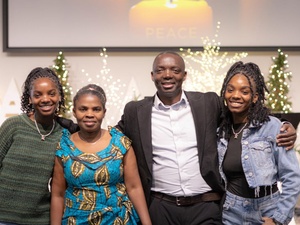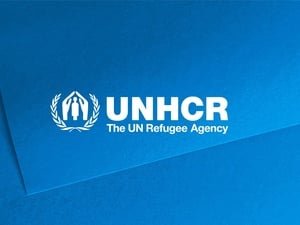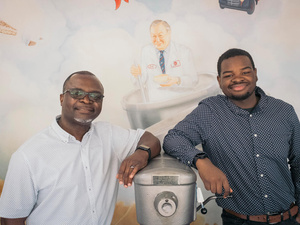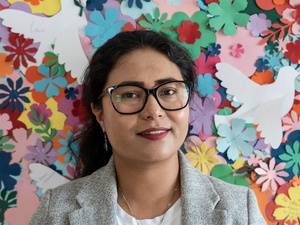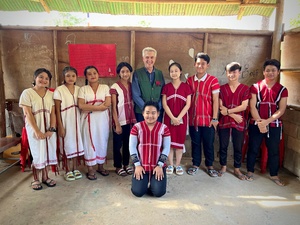UN Refugee Agency estimates 2.5 million people need resettlement
UN Refugee Agency estimates 2.5 million people need resettlement

Sudanese refugees arrive at the border town of Adre, Chad, in October 2024.
GENEVA – UNHCR, the UN Refugee Agency, estimates that 2.5 million refugees worldwide will need to be resettled next year, according to the Projected Global Resettlement Needs report released this morning.
While the figure remains high, annual resettlement needs have decreased for next year – down from 2.9 million in 2025, even as the global number of refugees continues to grow. This is mainly due to the changed situation in Syria, which has allowed for voluntary returns. We are seeing some people pull out of resettlement processes in favour of plans to go home to rebuild.
For 2026, the largest refugee populations that will need to be resettled are Afghans (573,400), Syrians (442,400), South Sudanese (258,200), Sudanese (246,800), Rohingya (233,300) and Congolese (179,500). The main refugee-host countries where refugees will need to be resettled from include Iran (348,900), Türkiye (258,000), Pakistan (215,000), Ethiopia (213,950) and Uganda (174,000).
Resettlement offers a concrete alternative to dangerous journeys, showcases meaningful international solidarity and fosters partnerships with host countries. By offering solutions for refugees with acute needs and greater dependency on assistance, resettlement also helps ease the pressure on national systems in host countries, thereby supporting sustainable responses.
In 2025, however, resettlement quotas are expected to be the lowest in two decades, falling below the levels seen even during the COVID-19 pandemic, when many countries paused their programmes. This dramatic decline in quotas risks reversing the significant progress made in recent years, thanks to collective efforts, while also exposing refugees to more danger.
Given the needs and the limited number of refugee resettlement spaces, UNHCR is calling on resettlement States to sustain their programmes and increase their intake. We also ask for more predictable and agile resettlement programmes and adaptable quota allocations along key refugee routes.
For 2026, the international community has set itself a goal to resettle 120,000 refugees. Recent history shows that this is achievable. While larger resettlement quotas remain crucial for achieving those goals, smaller quotas will remain equally important in the coming years, especially if cases can be quickly processed and reviewed remotely.
For over 70 years, UNHCR has facilitated resettlement as a vital lifeline for refugees, offering solutions for individuals facing severe risks such as deportation, violence, medical emergencies and other critical threats – and we will continue to do so.
Last year, despite the challenges, more than 116,000 refugees were given the opportunity to find safety and rebuild their lives through UNHCR-supported resettlement. Every place is invaluable for those fleeing danger.
For more information on this topic, please contact:
- In Geneva: Shabia Mantoo, [email protected]


